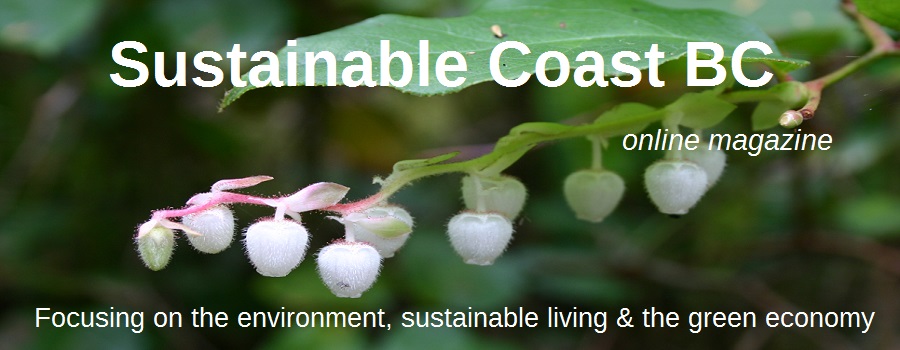News
Budgets are about choices that reflect a government's values and priorities. The Alternative Federal Budget (AFB), a report from the Canadian Centre for Policy Alternatives, is a 'what if' exercise—what a government could do if it were truly committed to an economic, social, and environmental agenda that reflects the values of the large majority of Canadians—as opposed to the interests of a privileged minority. It demonstrates in a concrete and compelling way that another world really is possible.
The AFB 2015, now in its 20th year, delivers a plan that would lift 893,000 Canadians out of poverty, reduce income inequality, boost economic growth, reduce carbon emissions, and create or sustain 300,000 jobs a year, bringing Canada’s employment rate back to its pre-recession level.
“The drop in oil prices has now eliminated the federal government’s surplus and contingency fund for next year,” says CCPA Senior Economist David Macdonald. “Governments should be helping citizens during these uncertain times by pushing against weak growth, not cutting access to services.”
No federal or provincial government has ever measured the distributional impact of its fiscal and tax policies. This year, the AFB does precisely that—demonstrating the aggregate impact of its proposed taxation, transfers and program spending changes.
“The AFB demonstrates that we can afford to make different choices,” says CCPA Senior Researcher Kate McInturff. “It would ensure that every community has safe drinking water, affordable housing, and effective infrastructure. Our budget would provide affordable childcare for working parents, and access to necessary prescription drugs and dental care for those who can’t afford it.”
Under the AFB:
- The poverty rate for seniors would drop by 43% and child poverty would be reduced by 25%.
- The bottom 70% of Canadian families would see a net benefit from the AFB’s program spending, tax and transfer measures.
- Canada’s personal and corporate tax system would be reformed to restore fairness and progressivity.
- Small federal deficits would be created as a necessary means for achieving sustained economic growth, particularly next year, without affecting the federal debt-to-GDP ratio.
“The collapse of oil prices has exposed the folly of economic policy built on a bitumen boom doomed to eventually go bust,” says Macdonald. “We outline a plan to offset unsustainable oil sands development with a carbon tax while diversifying the Canadian economy.”
“The AFB puts forward a progressive public policy agenda consistent with the values of millions of Canadians,” says Bruce Campbell, CCPA Executive Director. “In the lead-up to the federal election it provides a benchmark for what is possible.” And it seeks to replace the politics of despair and resignation with the politics of hope and renewal.
About the CCPA
The Canadian Centre for Policy Alternatives is an independent, non-partisan research institute concerned with issues of social, economic and environmental justice. Founded in 1980, the CCPA is one of Canada’s leading progressive voices in public policy debates. More about the research and activities of the Canadian Centre for Policy Alternatives.
